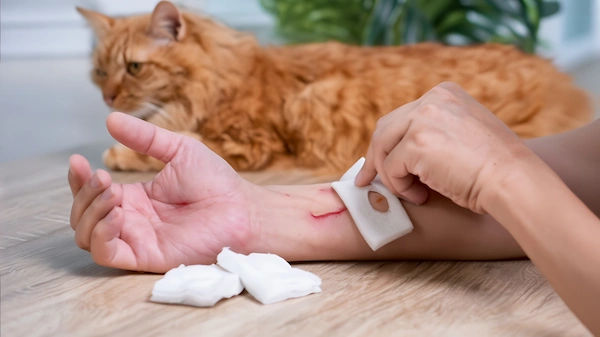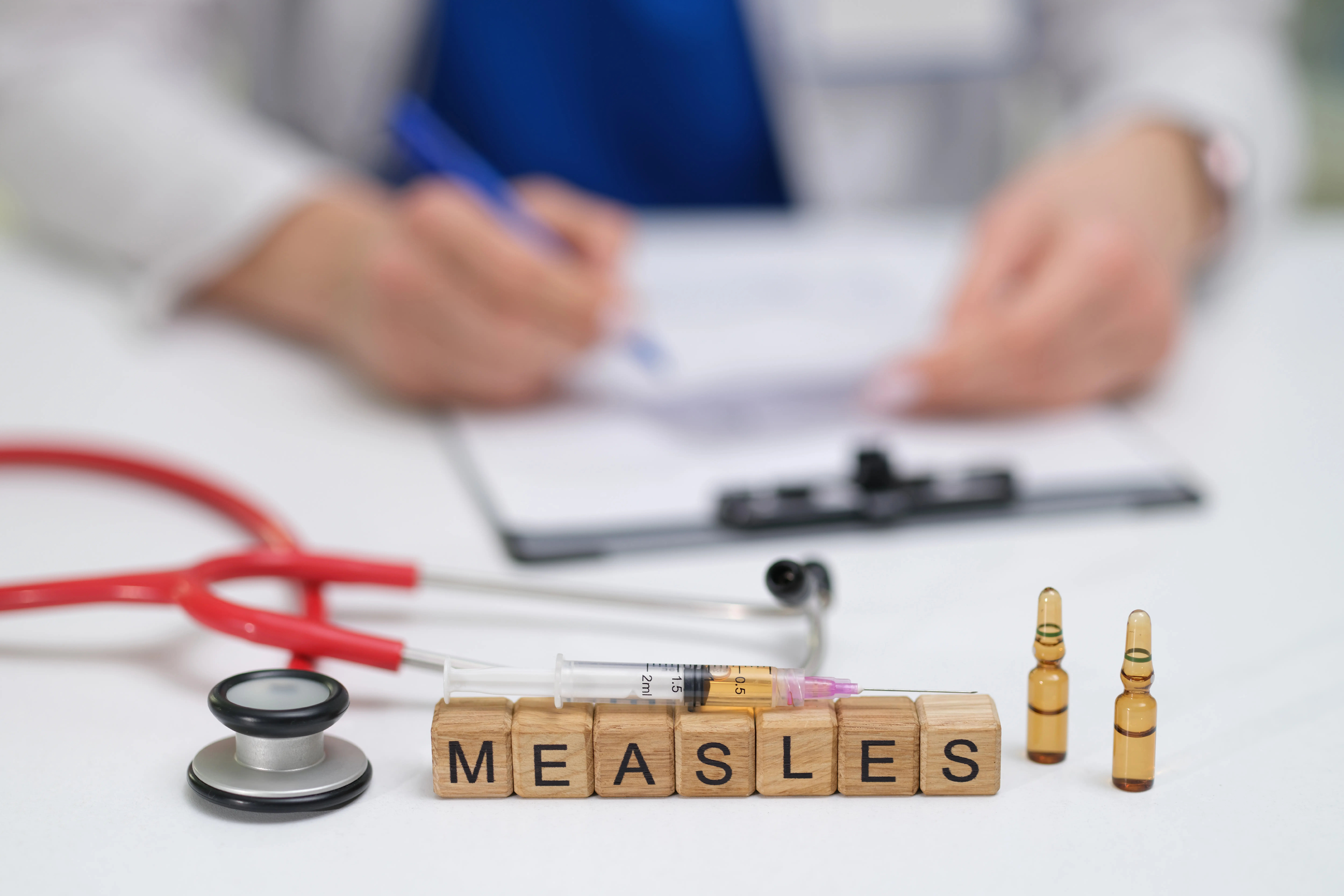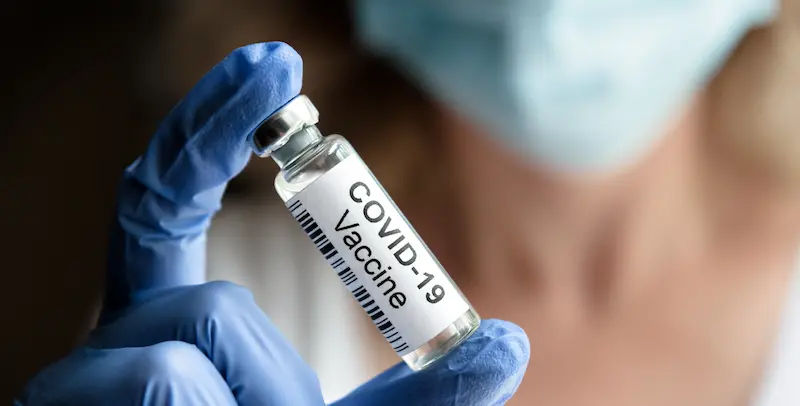- Male
- 25 Years
- 29/01/2025
I'm curious about how long the rabies vaccine lasts for humans. Is it possible to get vaccinated before coming into contact with the virus? I'd appreciate any advice you could give.
Answered by 1 Apollo Doctors
Swollen Armpits Concerns
Possible Causes
- Lymphadenopathy: Enlarged lymph nodes can cause swelling in the armpits.
- Infected ingrown hair: Infected ingrown hairs or folliculitis can cause swelling and tenderness.
- Cysts or abscesses: Sebaceous cysts or abscesses can cause swelling and pain in the armpits.
- Hidradenitis suppurativa: A chronic skin condition characterized by recurring, painful abscesses and nodules.
Recommended Actions
- Consult a doctor: Schedule an appointment with your primary care physician or a dermatologist to determine the cause of the swelling.
- Warm compresses: Apply warm compresses to the affected area to help reduce swelling and ease discomfort.
- Good hygiene: Practice good hygiene, including washing the area with soap and water, to help prevent infection.
- Avoid tight clothing: Wear loose, comfortable clothing to reduce friction and irritation.
When to Seek Emergency Care
- Severe pain: If you experience severe pain or discomfort in the armpits.
- Increased swelling: If the swelling increases or becomes severely painful.
- Fever or redness: If you experience fever, redness, or pus in the affected area.
Dr. Chandra Suggests...
Consult a Infectious Disease specialist
Answered 04/07/2025
0
0

More Infectious Disease Health Queries
View allI'm really worried because a dog licked a small scratch on my leg on July 10th, 2017. I started getting the rabies vaccine on July 12th, 2017, but then the dog died on July 14th, 2017. I completed all 5 doses by August 13th, but now I'm having some symptoms like shortness of breath and a mild fever. Should I be concerned about rabies even after finishing the vaccine?
continue your vaccination
Answered by 1 Apollo Doctors
How can infectious diseases be prevented?
Washing your hands with soap and water, thoroughly and frequently. Covering your nose and mouth when you sneeze or cough. Disinfecting frequently touched surfaces in your home and workplace. Avoiding contact with sick people or sharing personal items with them
Answered by 1 Apollo Doctors
I'm really worried because it's been 34 days since I got bitten by a stray dog, and the dog's still alive. Does that definitely mean it wasn't carrying or spreading the rabies virus when it bit me?
If the stray dog that bit you is still alive after 34 days, it significantly reduces the likelihood that the dog was shedding rabies virus at the time of the bite, as dogs typically die within 3-14 days after showing symptoms of rabies, but it's essential to consult with a healthcare professional or local animal control for further guidance and to determine if post-exposure prophylaxis (PEP) is still necessary.
Answered by 1 Apollo Doctors
Disclaimer: Answers on Apollo 247 are not intended to replace your doctor advice. Always seek help of a professional doctor in case of an medical emergency or ailment.





